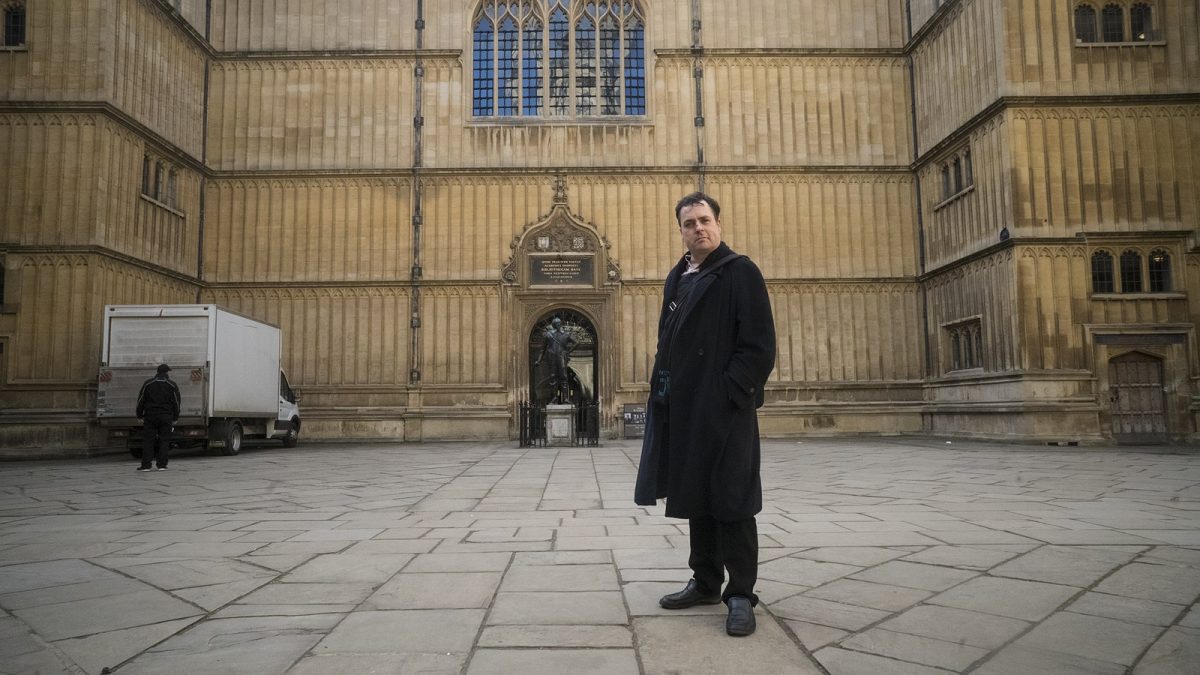
By John Lubbock, Communications Coordinator of Wikimedia UK
It was about 2007 when Wikipedia hit the mainstream. Millions of students were using one website to get an introduction to their new course subjects, and many, of course, were not particularly careful about their use of copy and paste.
In a way, Wikipedia was the victim of its own success. It expanded rapidly and gained a place in the public consciousness before the community and organisations that support it had a chance to catch up. Wikipedia is supported by a network of charities, with the Wikimedia Foundation – which owns Wikipedia– based in San Francisco, and local Wikimedia chapters set up in other countries where big editing communities existed and had begun to organise themselves. Wikimedia UK wasn’t formally established until 2009.
By that time, many in academia had already formed a bad opinion of Wikipedia, with the perception of it as unreliable and lacking academic rigour resulting in it being discounted as a useful tool. Underneath this, some educators saw it as a competitor: what would be the use in professors if all the facts were freely available?
But by 2016, journal articles were being published which looked at the remaining obstacles to using Wikipedia in academia, with writer Piotr Konieczny noting that:
“Wikipedia is not our foe but rather an ally—a new and, perhaps, somewhat uncouth ally—but an ally nonetheless, and one that I will argue that educators should embrace more wholeheartedly for the good of our students and the wider society.”
When the UK Wikimedia chapter was founded in 2009, its community had to consider what the local organisation should do; what was its purpose? There are a number of English-speaking countries with local Wikimedia chapters, and with 3 million articles the English language Wikipedia was already the biggest of the nearly 260 language versions of the encyclopaedia, so the charity instead looked to form partnerships with the UK’s world renowned cultural institutions.
To do this, an entirely new kind of role was created, called a ‘Wikimedian in Residence’. In 2010, Wikimedia contributor Liam Wyatt began the first ever residency by organising a volunteer placement as Wikimedian in Residence at the British Museum. In 2011, the University of Bristol hosted a Wikimedia ambassador, and the British Library followed suit with an appointment from 2012-2013.
Since then the charity has collaborated with a very wide range of institutions including Bodleian Libraries, British Library, Cancer Research UK, National Library of Scotland, National Library of Wales, Royal Society, York Museums Trust, Wellcome Library, and the University of Edinburgh. Many other universities and cultural sector organisations have run smaller-scale projects and events supported by our charity and the volunteer community in the UK.
We have spaces available on our upcoming 'Teaching with Wikipedia' session – Wed 6th June. Open to all UoE Staff. Come along and let our Wikimedian-in-residence @emcandre demystify the process of Wikipedia assignments.
More info & booking: https://t.co/9fzq33ixjv pic.twitter.com/JWmEisshYW— UoE Digital Skills (@UoEDigiSkills) May 31, 2018
Wikimedians in Residence are often tasked with training staff members at their host institution to use Wikipedia (and its sister projects like Wikidata) as part of their work as an academic, curator, librarian or researcher. With time and increased exposure, the cynicism towards Wikipedia has turned into a realisation of its importance as a communication tool read by hundreds of millions of people every month.
Wikipedia monthly statistics (English version only) from Wikimedia Foundation stats page.

In a recent report on the PLOS science and medicine blog, Rice University’s Kaden Hazzard noted that,
“Wikipedia pages on physics have a huge impact. The numbers speak for themselves. The page “Quantum computing” is viewed in excess of 3,000 times every day. “Nanotechnology” is viewed in excess of 2,000 times per day. Even a topic like “Monte Carlo method” is viewed 2,000 times per day. I could teach every semester for my entire lifetime and not reach as many students as these Wikipedia pages reach in a single day.”

Educators are coming to realise two things: firstly, that there is no point ignoring Wikipedia, and secondly that used correctly it can complement traditional study methods in useful and new ways.
There are now lots of case studies of universities using Wikipedia in and out of the classroom, such as a professor who got his students to improve pages on Islamic art at the University of Austin, Texas; the Wikipedia editing club at Dundee dentistry school, WikiEdu’s Classroom Program, the Medieval History MA at Sheffield University, Welsh Baccalaureate including editing Welsh Wikipedia, and the Women’s Classical Committee Wikipedia workshops, to name just a few.
Cullen and Alison's article helped inspire me to try teaching with Wikipedia – worth a read (and open access) https://t.co/xx0teF0Fwq https://t.co/ze65m5ooKQ
— Charles West (@Pseudo_Isidore) July 28, 2018
Back in 2013, the Guardian ran a piece entitled ‘Should university students use Wikipedia?’ Use in what way, I would ask? The article demonstrates a number of misconceptions about Wikipedia that still exist to some extent, and conflates ‘using’ Wikipedia with citing it, but does still show that attitudes were slowly changing.
Wikipedia is a summary of secondary sources, and not what we would call an ‘academic level’ source. We don’t want people to cite it, but that doesn’t mean they shouldn’t use it. Abstinence-only Wikipedia education doesn’t work, so the important thing is to get them to use it in the right way, as a starting point for research which can teach important writing, IT, and critical thinking skills.
“Abstinence-only Wikipedia education doesn’t work” –@zachmcdowell #WikiconferenceNA pic.twitter.com/FVRrt4dCCt
— The Wikipedian (@thewikipedian) October 20, 2018
The important question for us as the Wikimedia community in the UK now is how to encourage course convenors at universities to use the Wikimedia projects as part of their courses. Educators like Carl Gombrich, who runs the BASc Arts and Sciences combined degree at UCL, and Stefan Lutschinger who lectures in Digital Publishing at the University of Middlesex have both been using Wikimedia projects to help teach students digital skills, and we hope to see many more universities following this trend.
Wikipedia is not just a free encyclopaedia, it’s about free content that anybody can reuse, remix, and consume in any way they want to. Creating openly licensed materials that can help people educate themselves for free, and which artists, journalists, and others can use in their work is vital to keep creativity flourishing. In this, Wikimedia UK has the same aims as universities, and we provide valuable resources that they can use to educate their students.
We haven’t debased education, we’ve democratised it. Perhaps there are some universities who revel in their status as ivory towers, and will never work with us. But I don’t think that’s the majority of them, and as they are increasingly staffed by digital natives, I think that the future is promising for an ever deeper partnership between Wikimedia and education.







